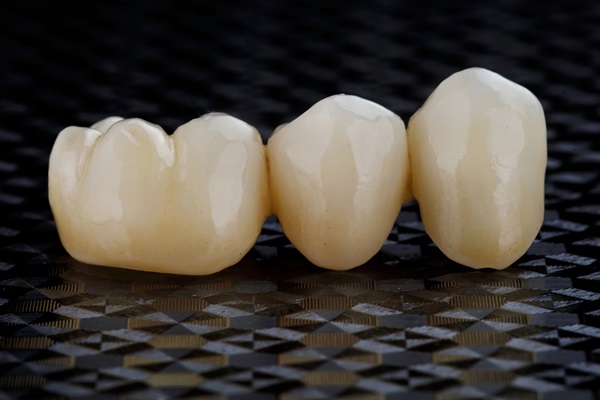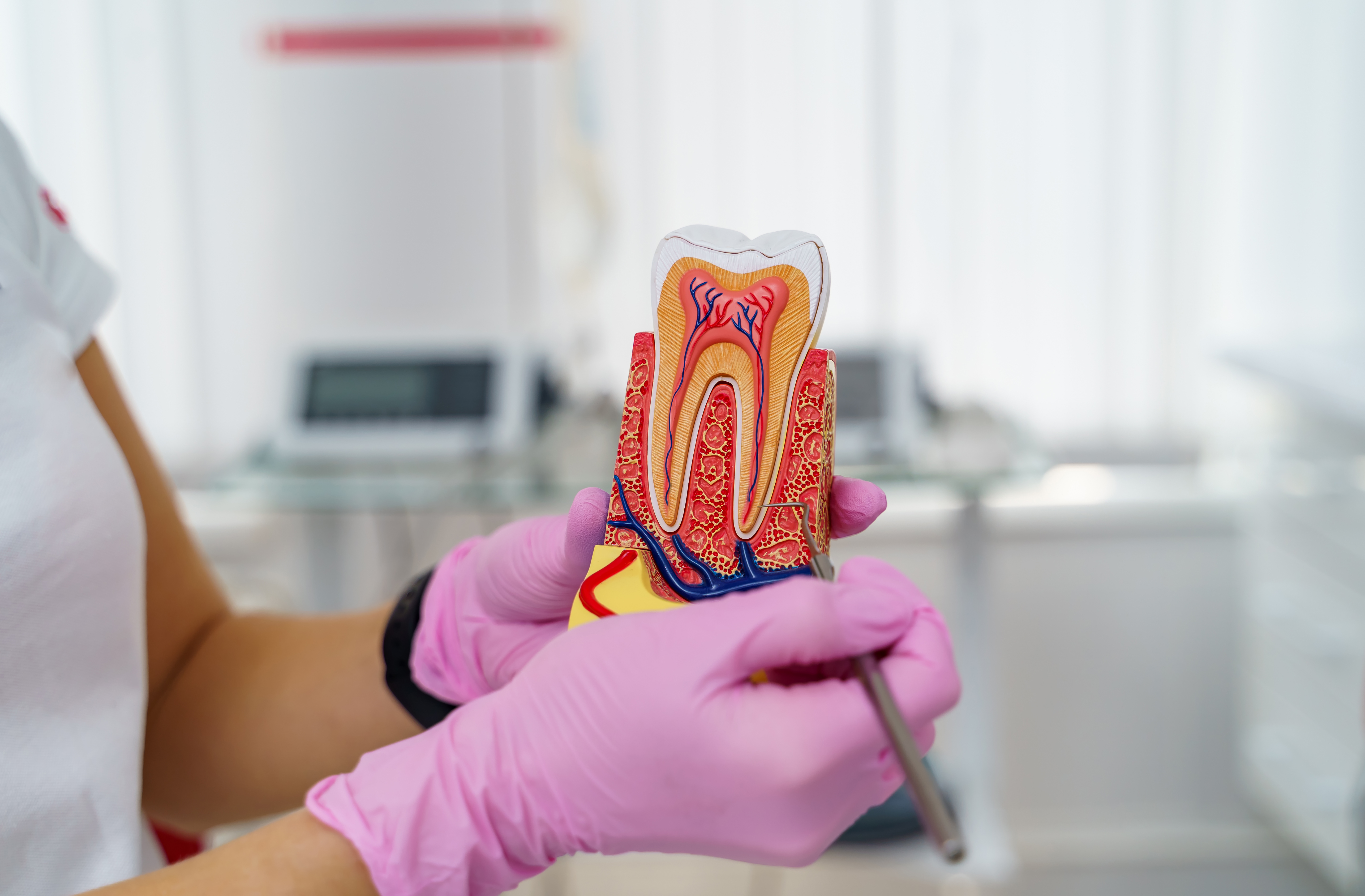Healing Time Length After a Tooth Extraction
An is usually recommended as a last resort when a tooth is too damaged to be saved. The two main types of extractions performed by dentists are simple and surgical extractions. A simple extraction is performed when enough of the tooth is left above the gumline to pull it out with forceps. A surgical extraction is recommended when the dentist needs to make an incision into the patient’s gum tissues to reach the tooth.
Recovering from tooth extraction
Extracting a tooth can be completed in as little as an hour, but the recovery process can take up to two weeks. Some of the more common reasons a dentist might recommend an extraction include:
- Severe damage: A dentist might recommend extracting teeth that have been severely damaged due to issues like tooth decay or trauma to the tooth. It is used as a last resort when the tooth cannot be saved with a dental crown
- Gum disease: A tooth might be extracted if the structures that hold it in place have been damaged by periodontal disease. A dentist might opt to extract it so that the bone structure around it can be repaired while it is replaced with an oral prosthetic
- Crowded teeth: A dentist might also recommend extracting a tooth if a patient does not have enough space on their jaw for all of their teeth or has an extra one. Creating space helps to address any other bite issues the person is dealing with
- Infection: A tooth might be extracted if infection in it threatens to spread to other parts of the body like the brain or heart, where it can have life-threatening consequences
Recovering from teeth extraction
During the procedure, local anesthetics are used, so the patient does not feel pain as their tooth is pulled out. Many patients experience some pain and discomfort once the anesthetic wears off. The pain can be managed with prescription painkillers.
Most of the bleeding from the extraction site should stop within a few hours, but there might be additional bleeding during the first 24 hours. The bleeding stops when a blood clot forms in the socket of the extracted tooth. Keeping this clot intact is one of the most critical things when recovering from an extraction.
The clot becoming dislodged leads to a painful condition called dry socket. Patients are advised not to brush or floss their teeth for the first few days after having a tooth extracted to avoid irritating the extracted tooth’s socket and the blood clot on it.
Most of the pain associated with the procedure should go away within a few days. A week after the procedure, granulation tissues should have formed over the socket, protecting the socket until new bone tissues form there.
You might be better off extracting a tooth
Extractions are typically recommended when other options are not enough to solve a patient’s problems. The extracted tooth can be replaced with oral prosthetics like implants, so you do not have to worry about your smile being ruined. Call or visit our San Clemente clinic to set up an appointment with our dentist.
Request an appointment here: https://dentistinsanclemente.com or call Nina Basti DDS at (949) 201-4719 for an appointment in our San Clemente office.
Check out what others are saying about our dental services on Yelp: .
Recent Posts
Wisdom tooth extraction is common as a lot of individuals experience eruption. The procedure is known to induce anxiety because it does require pulling teeth. However, modern technology has allowed for better techniques, which reduce recovery times and pain. Pain is typically the most common concern of wisdom tooth extraction and rightly so! Keep reading…
Practicing good oral hygiene is a great way to avoid needing Emergency Dental Care. However, in some cases, taking good care of the mouth and teeth is not enough to prevent a dental emergency, which can happen at any time for a variety of reasons.When it comes to emergency dental care, a lot of people…
If you have a missing tooth, it may be difficult to eat or speak. You may not even want to be around other people. Fortunately, you do not have to struggle with this condition for long. Your dentist can talk to you about a treatment to fill in the gap and replace the tooth so…
An emergency dentist can be a reassuring source of professional care in moments of sudden dental pain, injury, or complications. Addressing unexpected problems promptly helps prevent further damage and protect oral health. Having a clear plan and following expert recommendations will make managing stressful dental emergencies easier, maintain healthy teeth and gums, and reduce the…


